 close
close

When someone has anorexia, they often skip meals and make excuses to avoid eating with others, especially their family. They may say they have already eaten or arrange other activities during mealtimes.
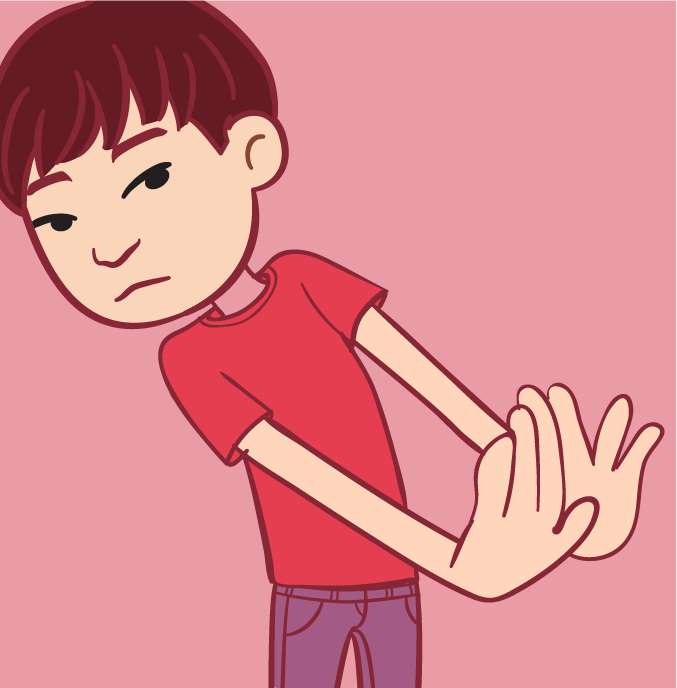
Someone with anorexia may pay very close attention to the food they eat. They might eat only low-calorie food, cut out food groups and have trouble being flexible.
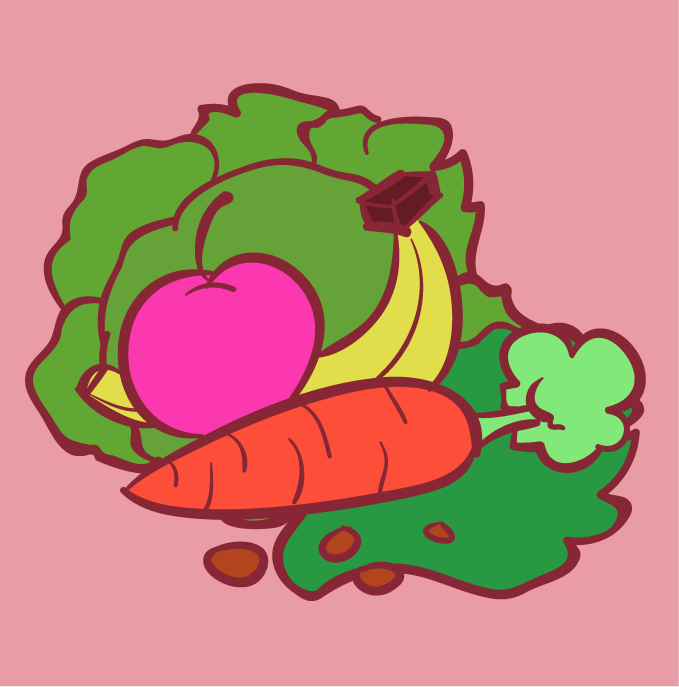
A person with anorexia may wear baggy clothes, or many layers of clothing, to hide their weight loss from family and friends.
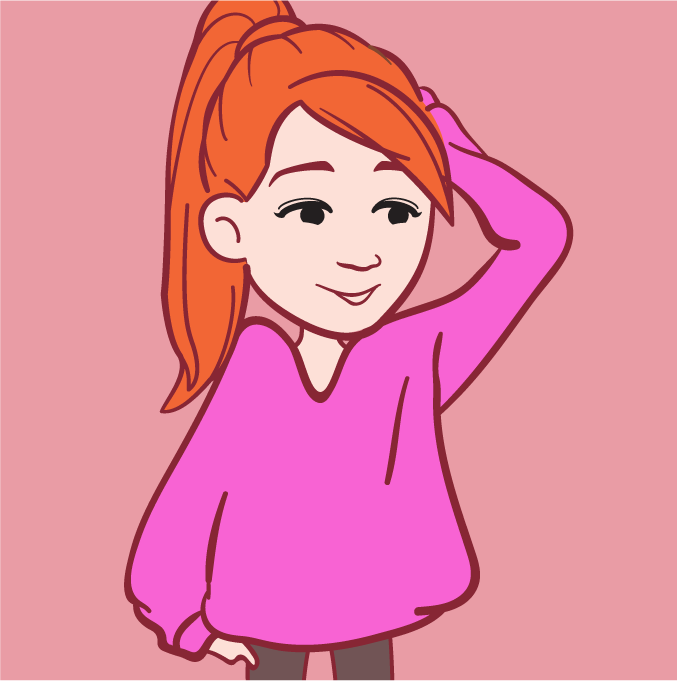
Because their brains lack nutrients, someone with anorexia might not think clearly. They may become irritable, have mood swings and obsessive thoughts or be rigid about how to do things.
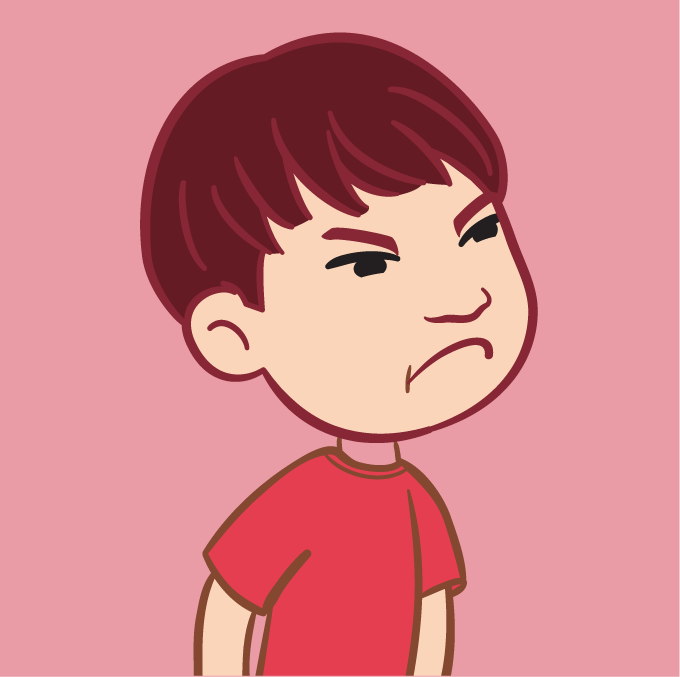
Someone with anorexia may spend more time collecting and trying new recipes but rarely eating what they prepare. Or they may become more particular about which groceries they want.

Teens should grow and gain weight as they get older. When they stop growing, they should maintain their weight within a healthy range. Anorexia can cause these changes to slow down, stop or even reverse.
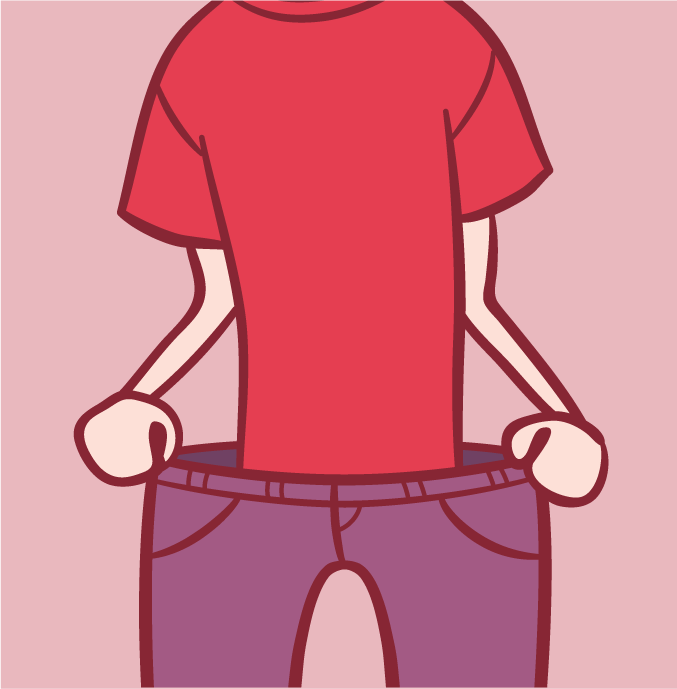
When someone has anorexia they have reduced blood flow around the body. As a result, they may feel cold when most people feel comfortable and may wear warmer clothes than expected for the weather.
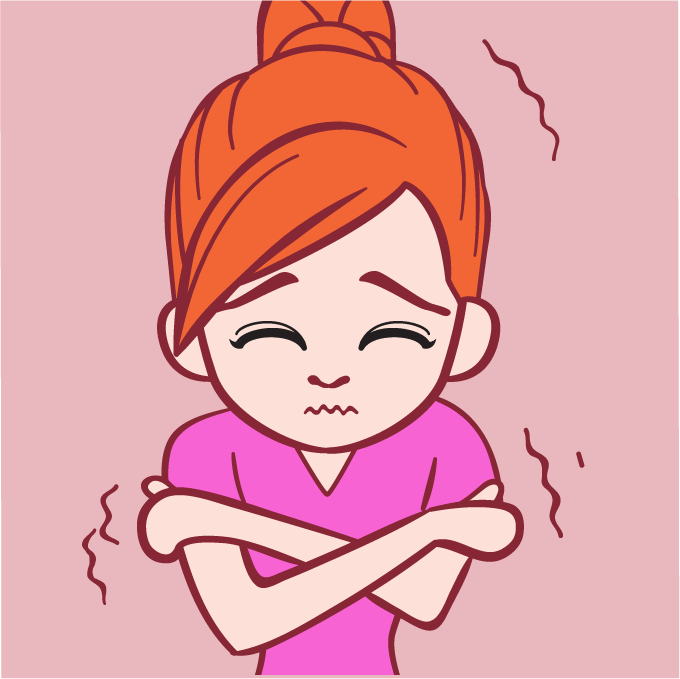
Because of their lower calorie intake, someone with anorexia usually lacks nutrition and may not drink enough fluids. They have very little energy and may feel tired or sluggish and feel faint.
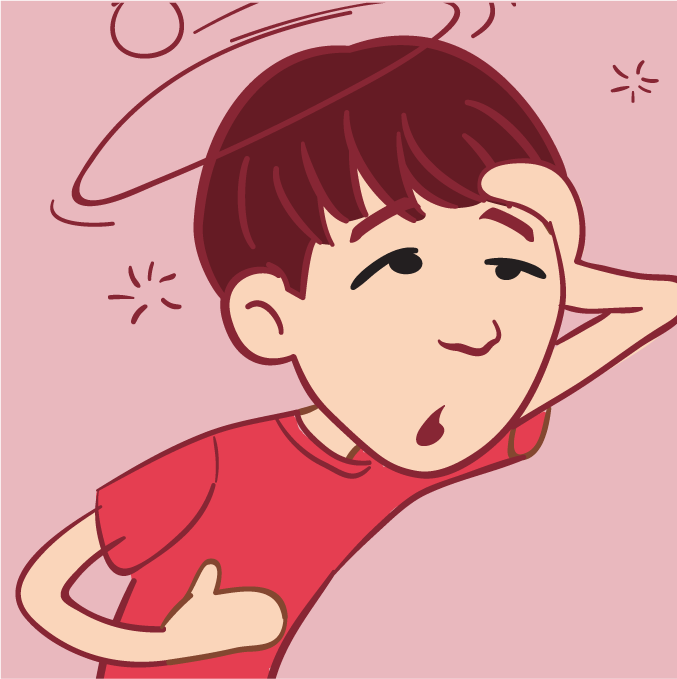
A person with anorexia may notice unusual hair loss, for instance while washing their hair. However, in an effort to keep warm, they might also grow more body hair.
